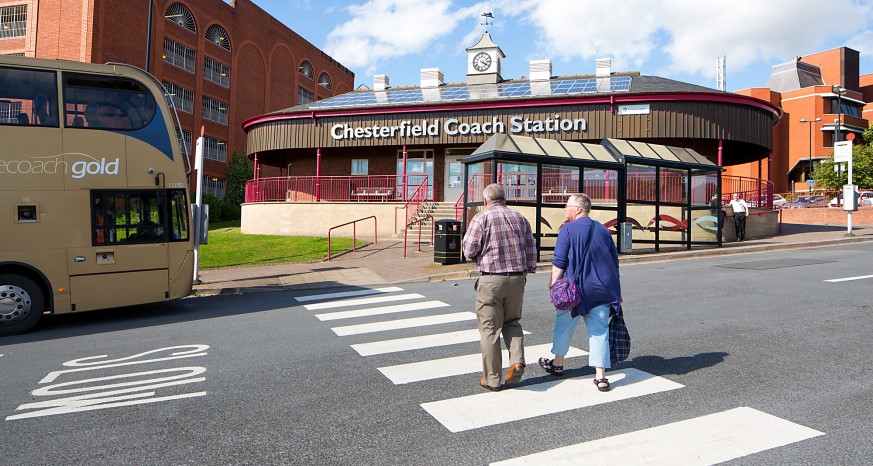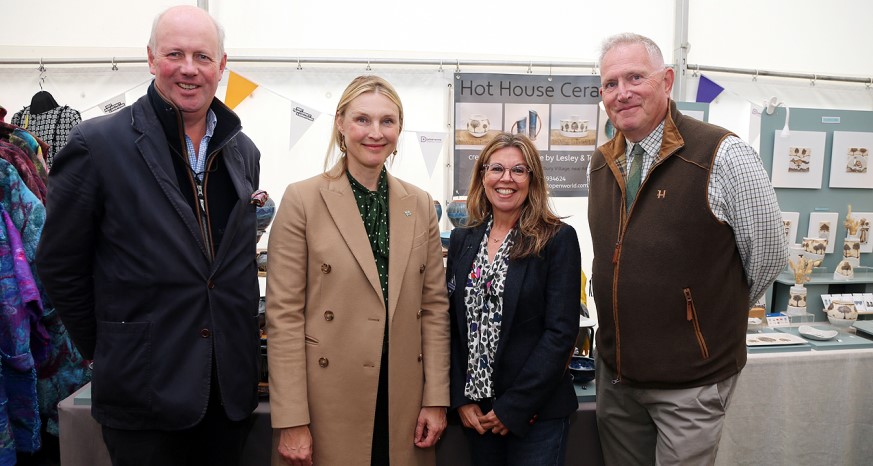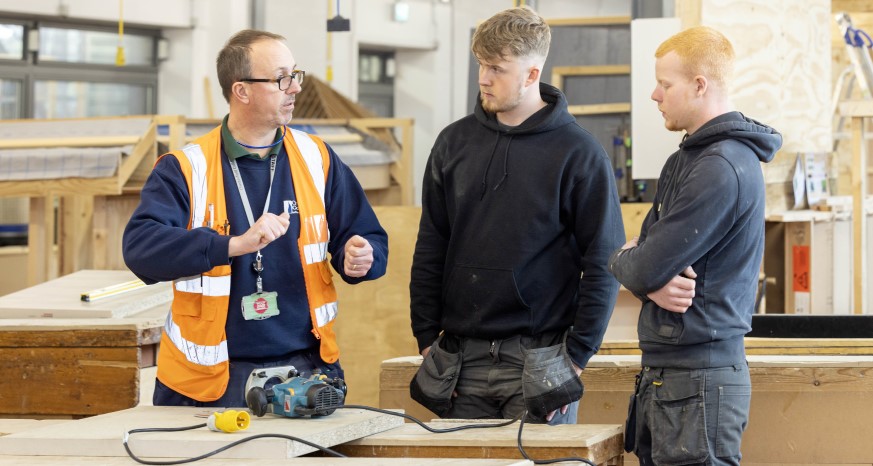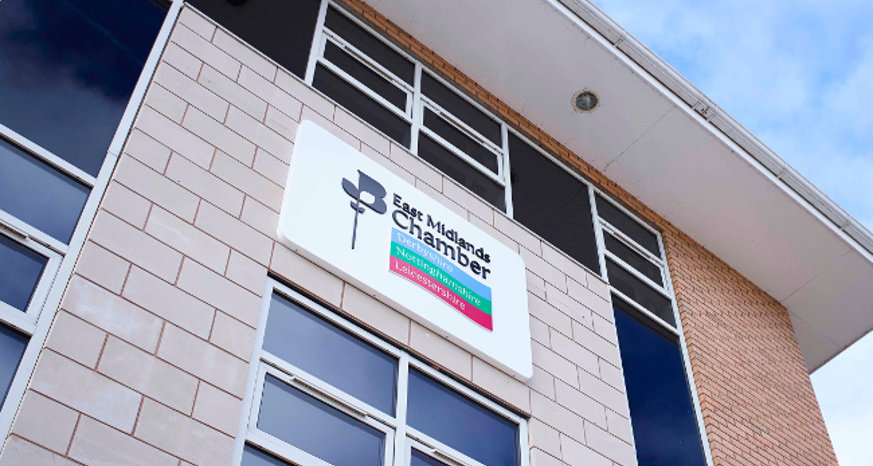Millions of pounds in funding, made possible because of plans for devolution in the East Midlands, has been agreed and will be spent on improving housing, transport and the skills of local people.
In total, £18 million of funding is being offered to Derbyshire, Nottinghamshire, Derby and Nottingham as part of early investment to the area during devolution negotiations and is not dependent on devolution proposals going ahead.
The latest funding amount of £9.9 million has now been approved and will help councils to carry out retrofit work on homes to make them more energy efficient.
Councils across the two counties have been working with the government on devolution plans including a package of local powers and funding worth £1.14 billion, from 2024.
Other programmes which have already been approved, and are underway or completed, include:
- £1.2 million for new gigabit broadband for Derbyshire, Nottinghamshire, Derby and Nottingham. It will mean that an extra 118 rural public sector schools and libraries will be connected to gigabit broadband. The scheme is expected to go live by March 2024.
- £750,000 for a new cycling and walking route in Derbyshire – a 1¼ mile link connecting Markham Vale to the existing cycle route in Staveley.
- £1.5 million for a new growth through green skills. The investment will enable the creation of a new £5.4 million flagship skills centre and low carbon demonstrator in the region, as well as 2 electric minibuses for getting students to and from the site, to support the growth of a future low carbon economy as we work towards net zero.
Funding hasn’t been the only benefit drawn in through devolution; with the East Midlands securing one of just 12 new Investment Zones being created across the UK.
The low tax Investment Zones are being introduced to boost growth in areas outside London and will be clustered around universities and research centres. Each zone is to get £80 million of support over 5 years, with tax incentives to attract businesses.
Devolution would mean a new guaranteed funding stream for our region of £38 million a year over a 30-year period. Covering Derbyshire, Nottinghamshire, Derby and Nottingham, the devolved area is home to around 2.2 million people, making it one of the biggest in the country.
The devolution deal includes an extra £16 million for new homes on brownfield land and control over a range of budgets like the adult education budget, which could be better tailored to the needs of people in local communities.
A regional mayor would lead a new combined authority, which would include representatives from existing local councils, with decision-making powers and resources moving from London to the East Midlands. Local businesses would also have a voice, as well as other organisations.
Devolution would not mean scrapping or merging local councils, which would all continue to exist as they do now and would still be responsible for most public services in the area. The mayor and combined authority would instead focus on wider issues like transport, regeneration, and employment across both cities and counties.
Barry Lewis, Leader of Derbyshire County Council, said: “We’ve been pursuing a devolution deal to bring more investment to the region and this early funding pot to improve housing, transport and skills is most welcome.
“If a devolution deal for the East Midlands goes ahead, it will bring a package of local powers and much-needed funding worth £1.14 billion that will help to improve the lives of people in Derbyshire and throughout the region.
“Devolution would bring massive benefits and opportunity to the East Midlands for things like improving transport infrastructure, building more homes and creating more jobs and better training opportunities.”
Now the 4 councils have formally backed the plans, and agreed on a final version of the proposal, it means that new local powers and funding to improve the environment, skills training, transport, housing, and the economy could be in place as soon as next year.
For that to happen, new legislation is needed, so that a new form of Combined Authority can be created. With new legislation in place, proposals for devolution could be sent to the government for approval and Royal Assent, meaning that devolution in the East Midlands could be a reality from spring 2024, with the first ever election for a regional mayor, covering Derbyshire, Nottinghamshire, Derby, and Nottingham, taking place in May 2024.
To find out more about why Chesterfield is an ideal location to invest, go to: https://www.chesterfield.co.uk/business/invest-in-chesterfield/
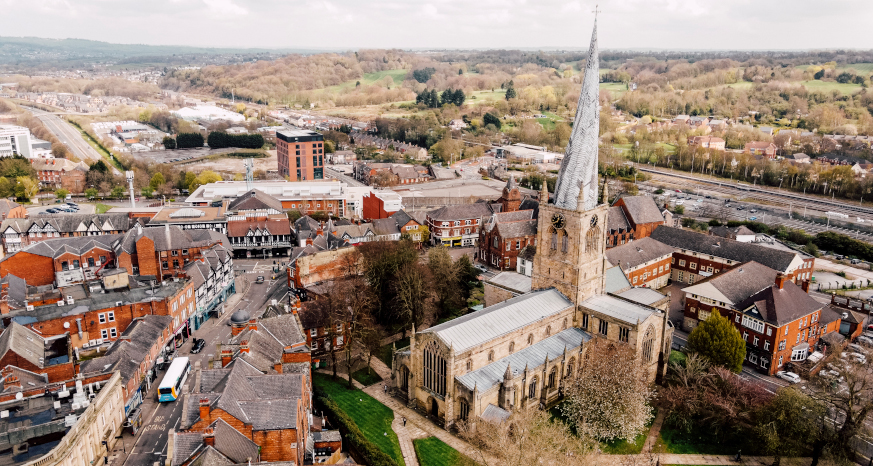
Image courtesy of Derbyshire Economic Partnership
